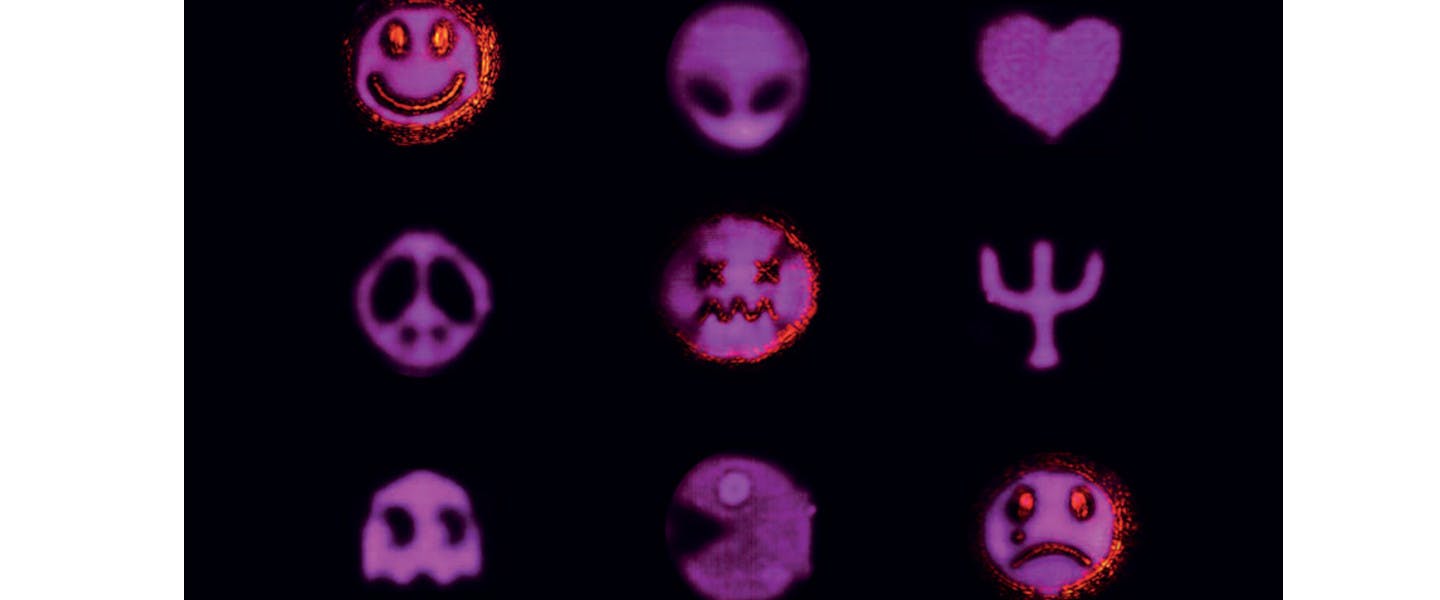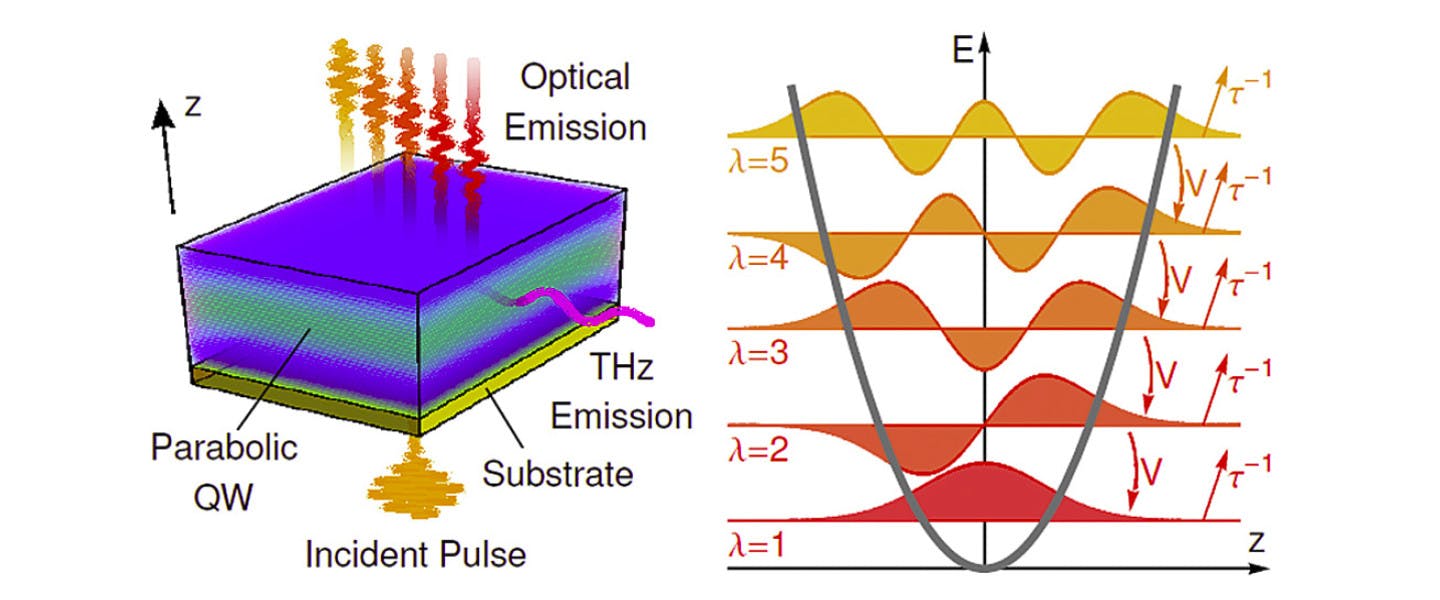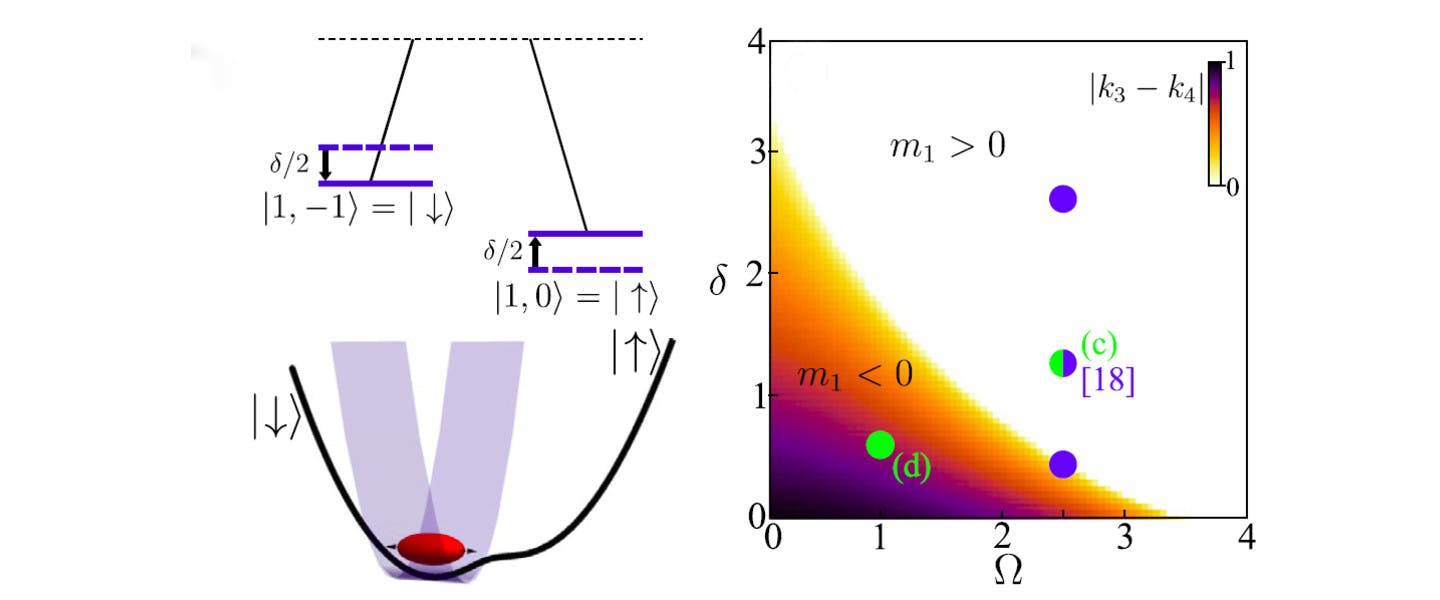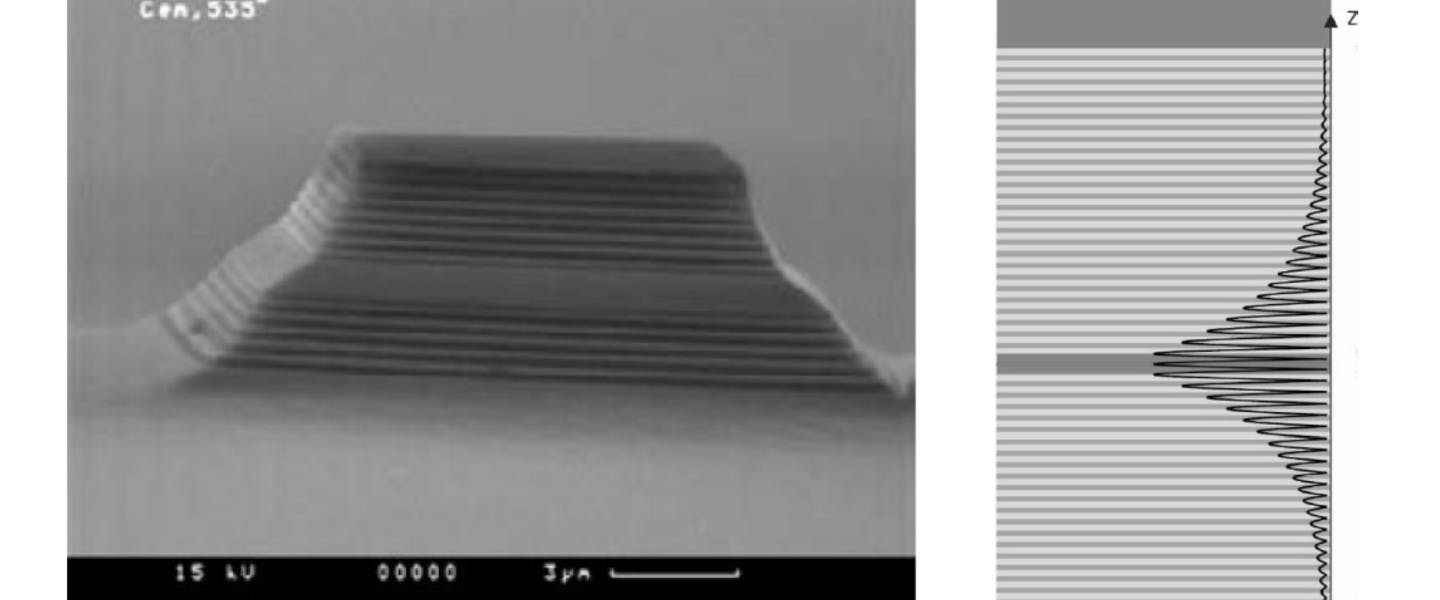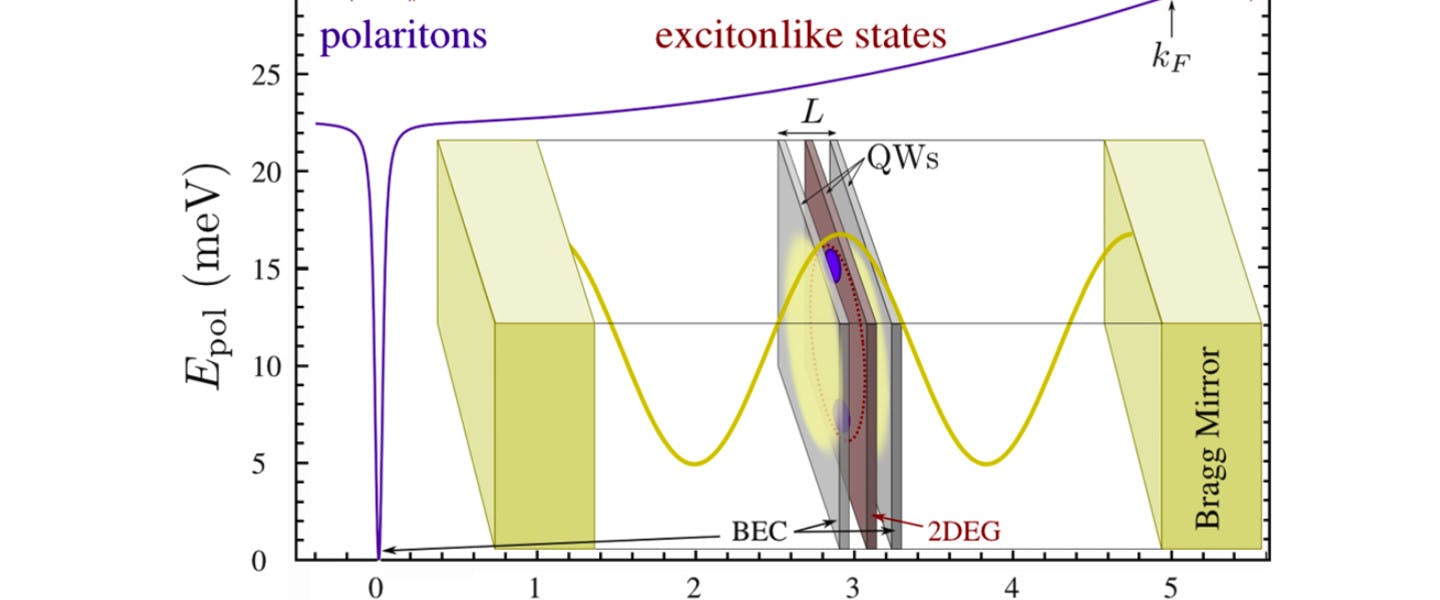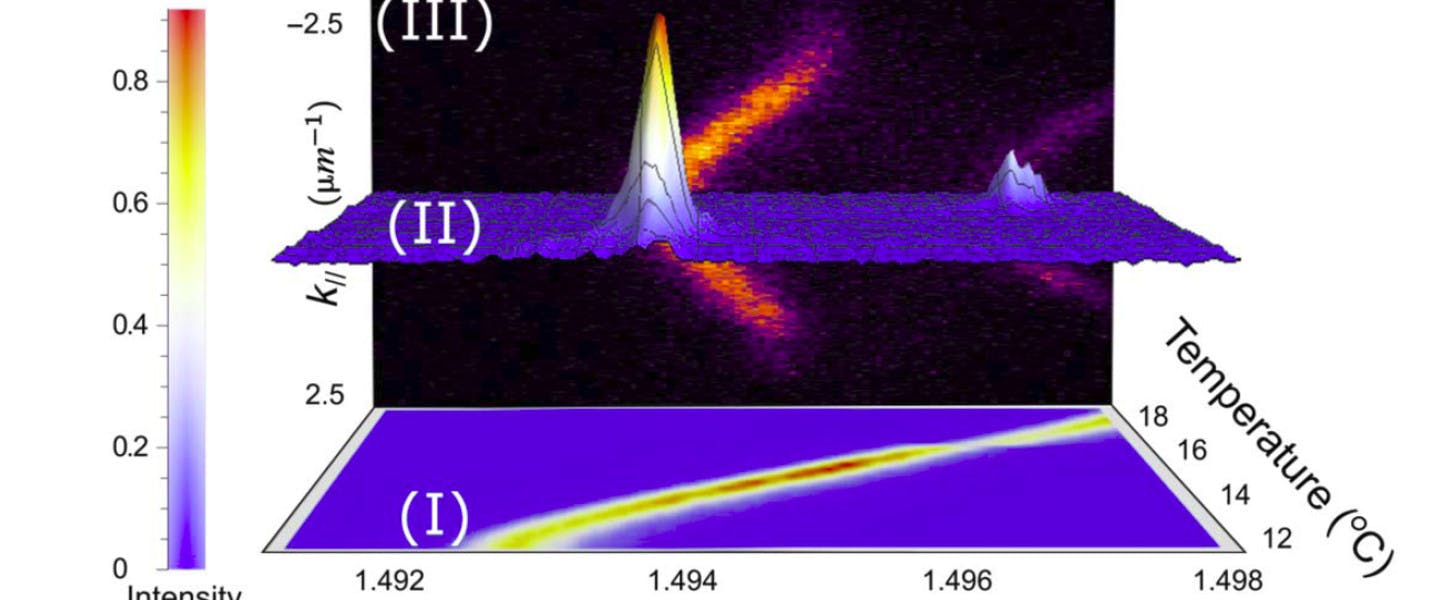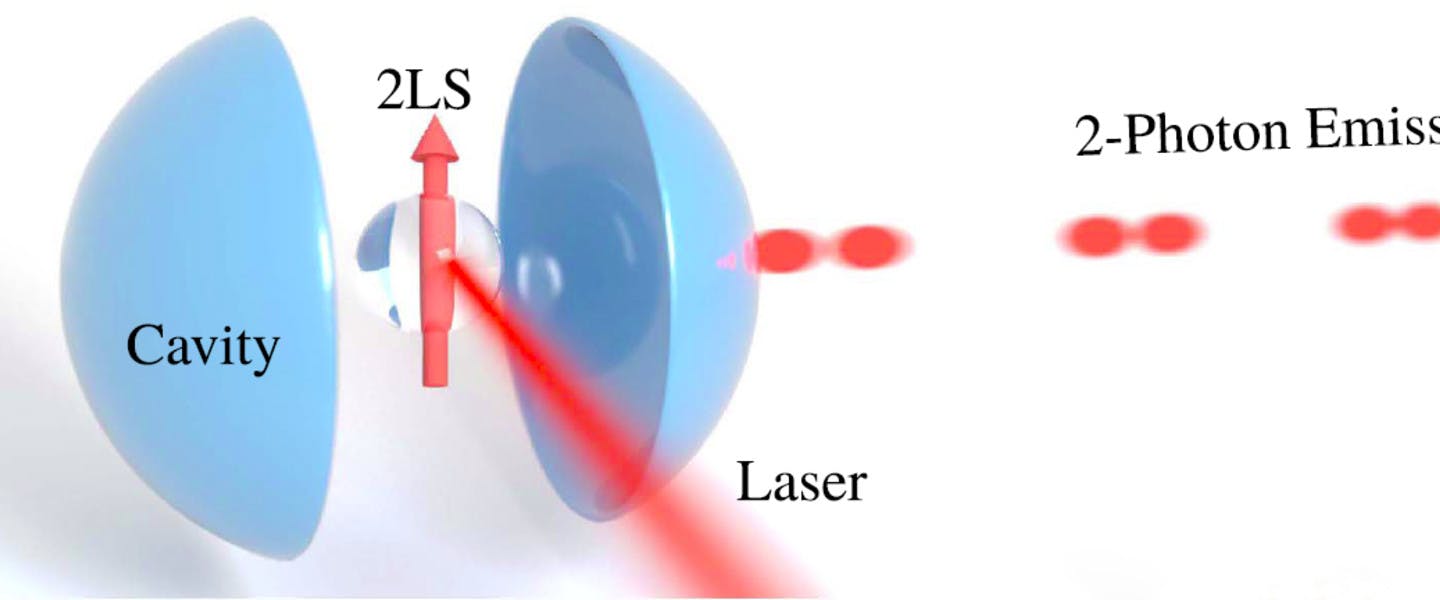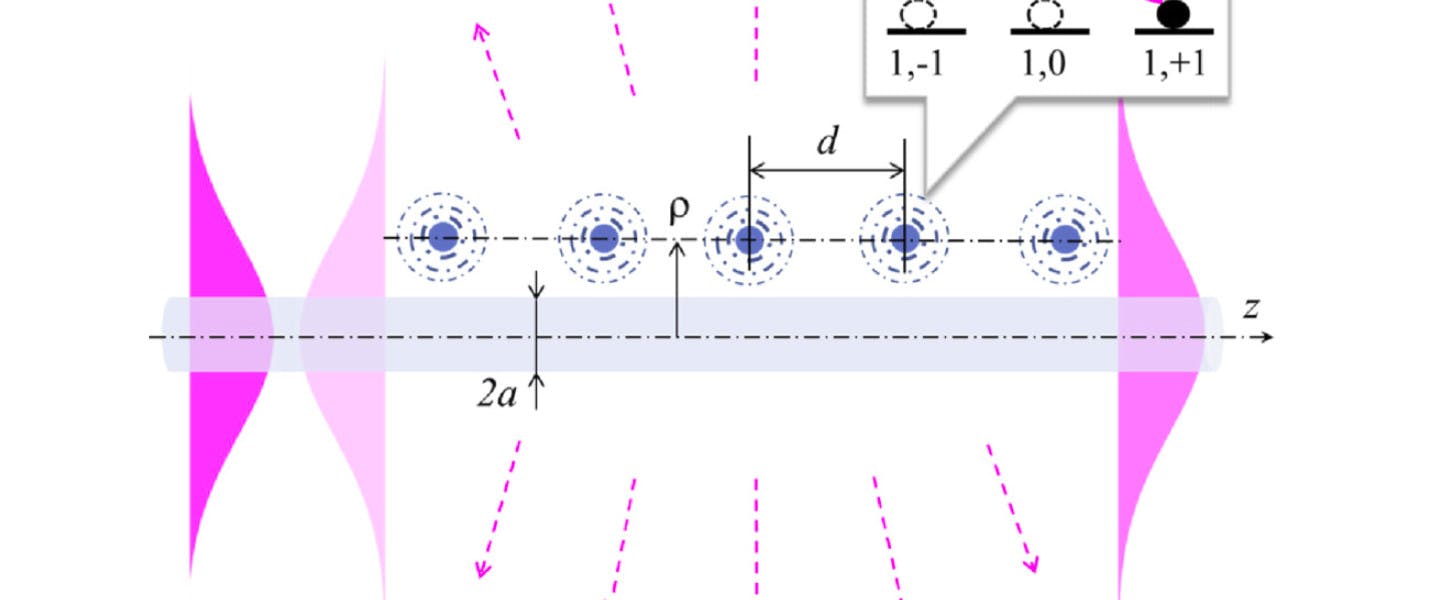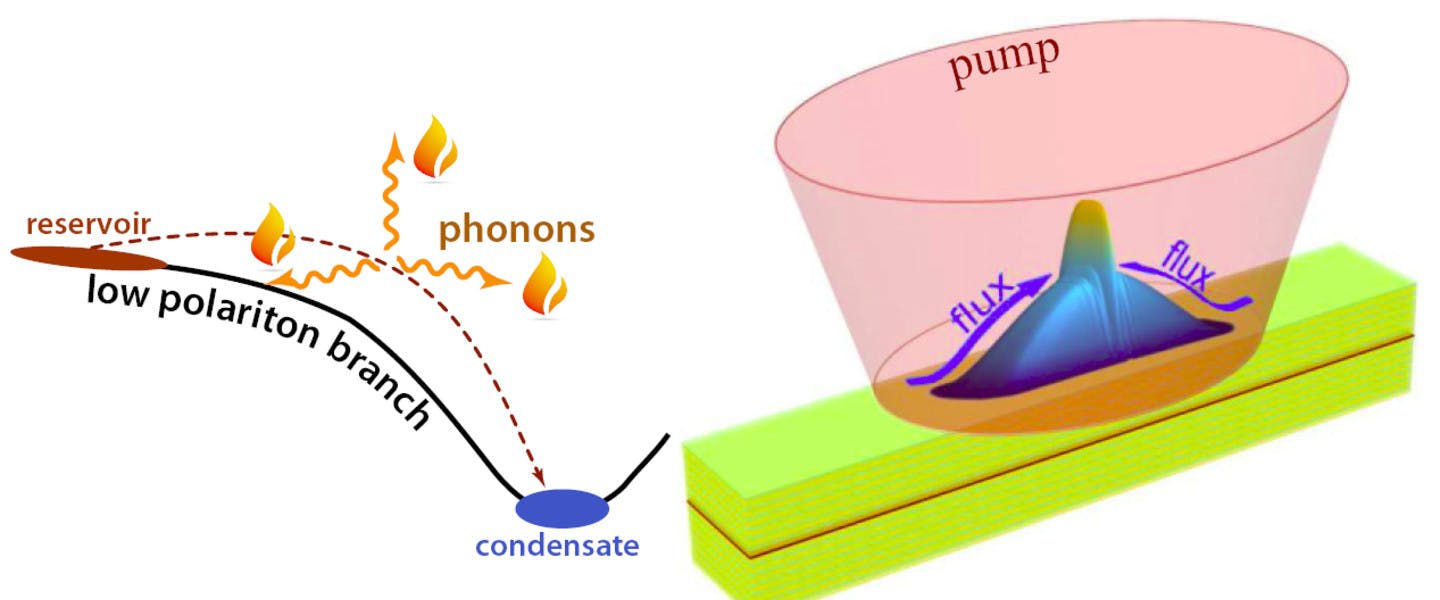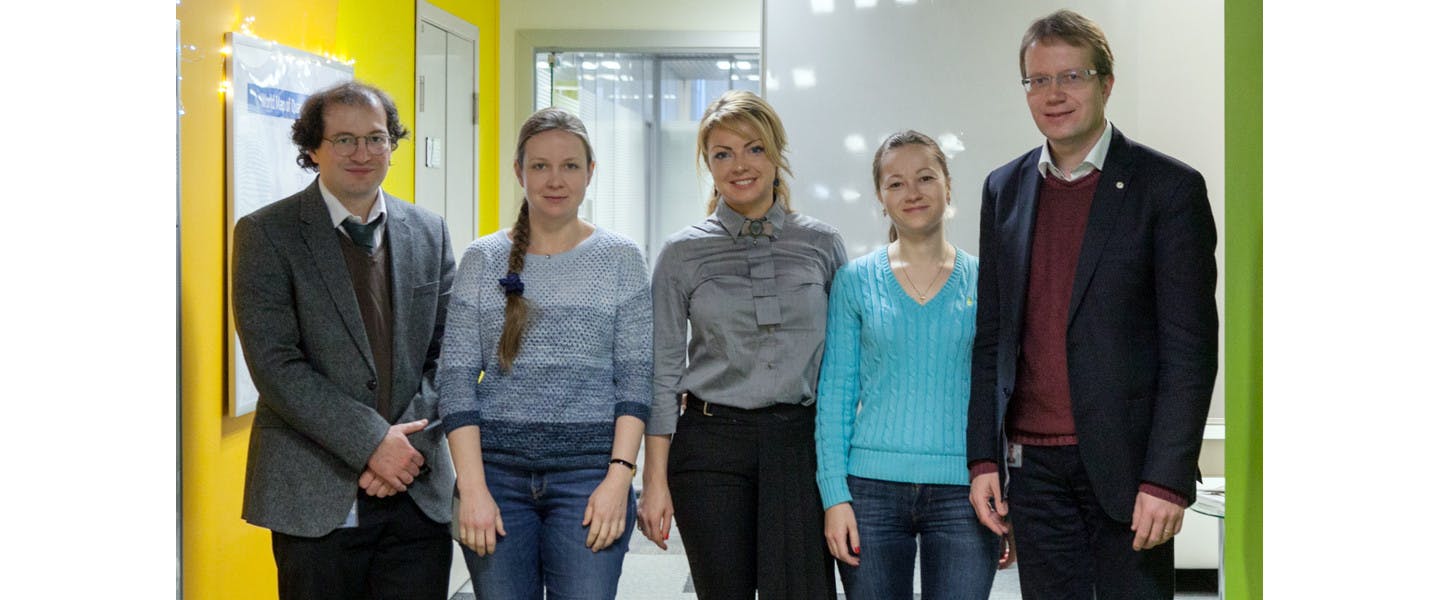Our website uses cookies to manage some features and to show you news and announces in selected language. By clicking on OK button, you accept the use of cookies.
Group of
Quantum Polaritonics
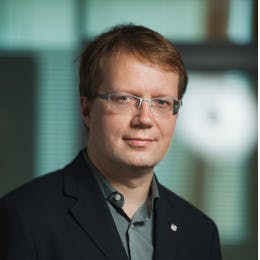
Alexey Kavokin
Principal investigator
Group publications
About the Group
The group is an international leader in the theory of exciton-light coupling in low-dimensional semiconductor structures. It is currently at the heart of a multinational research effort for the realisation of quantum simulators based on the lattices of exciton-polariton condensates and exciton-mediated high-Tc superconductivity
Polaritonics deals with quasi-particles that bind light and matter into new eigenmodes combining antagonist properties such as high coherence inherited from light and strong interactions from their matter counterpart. Polaritons appear ideal for quantum information processing, where both of these features are highly sought. Polariton physics gave a new and applied dimension to fundamental concepts such as Bose-Einstein condensates or superfluids, also bringing them on-chip and up to room temperature. It develops quickly for classical optical devices, with polariton transistors already demonstrated, and the research into polariton simulators is very active, including from our group.
Founded in 2014, and since then the group collaborates with virtually all leading groups studying exciton-polaritons in Russia, EU, USA and Asia, and is highly solicited in international consortia dealing with the field of Polaritonics. The experimental component (since 2017) includes the fabrication and characterisation of novel nano- and meta-materials with tailored optical and transport properties. More than 50 publications from the group is affiliated to the RQC since 2014, including prestigious Nature Materials, Nature Communications, Light: Science and Applications, Physical Review Letters, and the "Microcavities" textbook (Oxford University Press, 2017, 600 pages).
Research Areas
- 1
Exciton-polariton Rabi oscillations - 2
Polariton superfluidity and superconductivity - 3
Polariton-photon entangling (in collaboration with CNR, D. Sanvitto, and P. Lagoudakis Lab at SKOLTECH) - 4
2D and 1D physics
Members
Stella Kutrovskaya Senior Researcher
Fabrice Laussy Senior Researcher
Alexandra Sheremet Senior Researcher
Nina Voronova Senior Researcher
History
2014 International conference on Problems of Strongly Correlated and Interacting Systems is organized by AK & the RQC in Saint-Petersburg, Russia
2015 We co-author with the Vučković group in Stanford their observation of our predicted detuned photon blockade
Our paper on "Exciting Polaritons with Quantum Light" is highlited as an Editor’s Suggestion in Phys. Rev. Lett.
The International Year of Light is celebrated at the RQC with a talk "Two New Kinds of Light" that covers aspects of light from Kuindzhi’s paintings to British’s "Right to Light", passing by quantum field theory
2016 We report the observation of the predicted coloured-Hanbury Brown-Twiss effect, with antibunching of bosons if discriminated in frequency
2017 A.V. Kavokin & F.P. Laussy are interviewed in the French leading Newspaper "Le Monde" in an article entitled "La révolution perpétuelle de la recherche russe" (the perpetual revolution of Russian research)
Polariton BEC makes the cover of Phys. Rev. Lett. with a paper co-authored by the RQC with the Sanvitto group
The PLMCN 18 conference in Würzburg organized by N. Voronova and A. Kavokin (in collaboration with Uni.Wü) attracts more than 300 participants, incl. 2 Nobel laureates
F.P. Laussy wins the Best Reader Travel Award from the journal Light: Science & Applications, to present the group’s work on Full-Poincaré beams in time [Light: Sci. & App., 4:e350, 2015] in the Chinese capital of Optics: Changchun
Federal Targeted Program award (30 M RUB) to the project on Polariton Quantum Simulators headed by A. Kavokin
Our group co-authors the report in Nature Materials of the out-of-equilibrium version of the 2016 Nobel-prize winning Kosterlitz-Thouless phase transition
The group has won a Megagrant for creation of the Hybrid Solar Cells Laboratory at MISiS with A. Di Carlo.
